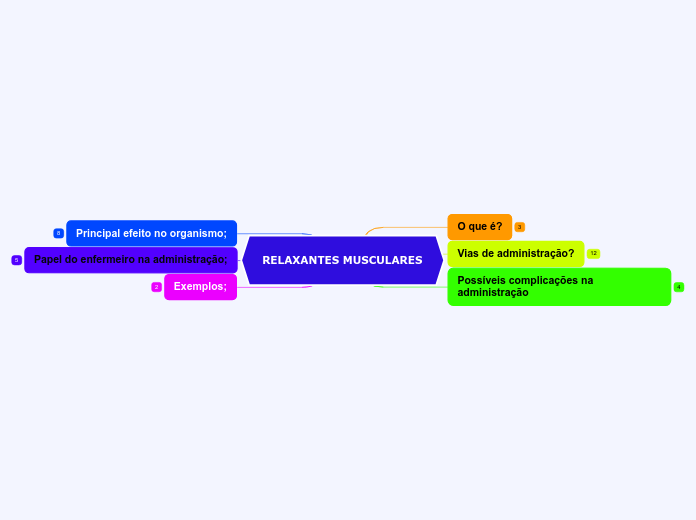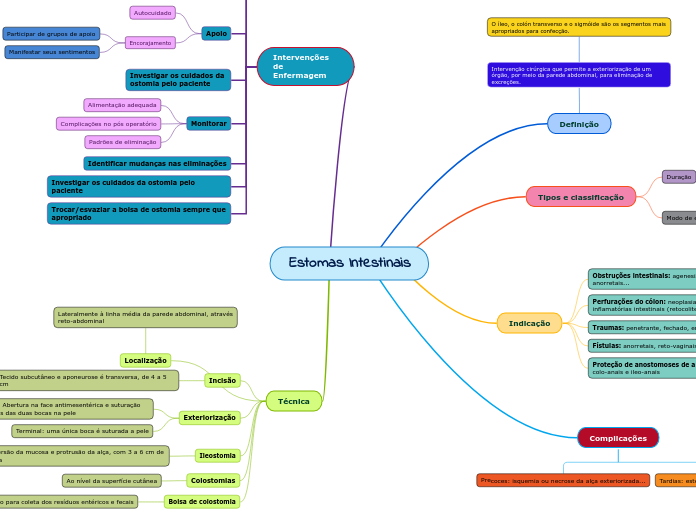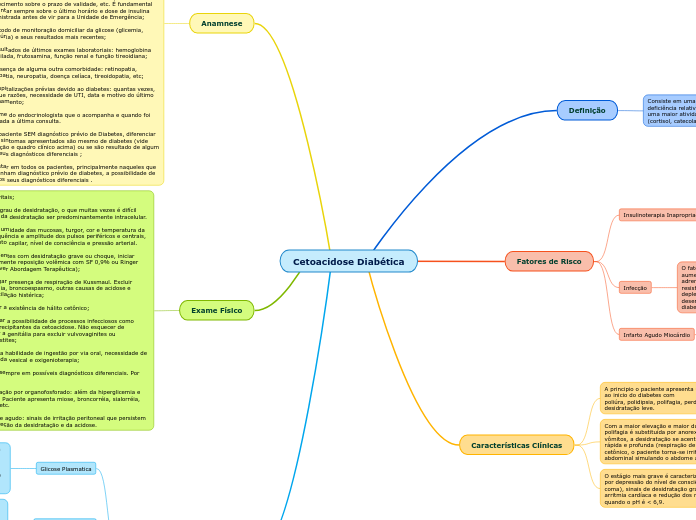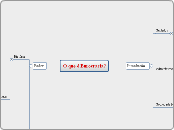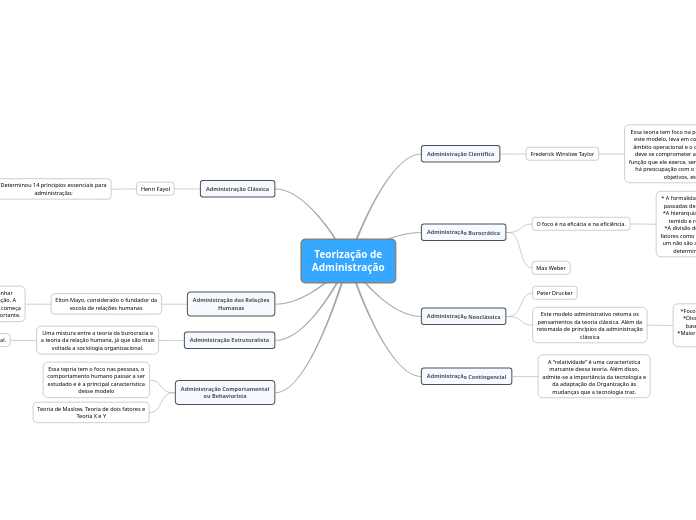RELAXANTES MUSCULARES
The part of speech is a category to which a word is assigned according to its syntactic functions. In English the main parts of speech are noun, pronoun, adjective, determiner, verb, adverb, preposition, conjunction, and interjection.
Exemplos;
A conjunction is a word like 'if' 'but' or 'and' which is used to connect sentences or clauses together.
Para alivio da dor e ansiedade são administrado analgésicos e sedativos;
Coordinating conjunctions always connect phrases, words, and clauses. They are: for, and, nor, but, or, yet, so.
opioides, benzodiazepínicos e propofol
Papel do enfermeiro na administração;
A preposition is one of the most exciting parts of grammar. A preposition is used to describe the location of something in relation to something else.
Entre as principais estratégias que podem ser aplicadas para garantir a segurança do paciente na prática medicamentosa, está aquela conhecida como regra dos “nove certos”:
When a preposition consists of more than one word, it is called double preposition.
Compound preposition consists of two or more words.
O exercício dessa atividade está sendo
praticado, na maioria das instituições de saúde
When a preposition consists of one word it is called single or simple preposition.
Por técnicos e auxiliares de enfermagem sob a supervisão do enfermeiro.
A administração de medicamentos é considerada uma das atividades de maior responsabilidade desempenhadas pela equipe de enfermagem.
Principal efeito no organismo;
An adverb is used to describe a verb, but it can also describe an adjective or another adverb.
Adverbs normally help paint a fuller picture by describing how something happens.
Existem dois tipos de ação do relaxante muscular no organismo.
Cérebro e na medula espinhal;
Além de facilitar a Intubação endotraqueal;
The intensifiers strengthen adverbs adjectives and adverbs and down- toners make them weaker.
Devido o relaxamento das cordas vocais, são capazes de produzir relevantes condições cirúrgicas em grande variedade de procedimentos, ao promover o relaxamento de músculos do abdome e diafragma.
Os relaxantes que tem ação periférica ou bloqueadores neuromusculares.
É uma droga que interrompe ou simula a transmissão dos impulsos nervosos na junção neuromuscular esquelética, causando paralisia dos músculos pela atuação pré-sináptica através da inibição da síntese ou liberação de acetilcolina.
São bloqueadores neuromusculares;
Interrompem a transmissão do impulso nervoso na junção neuromuscular são mais utilizados em cirurgias, quando o paciente precisa de uma anestesia geral.
Possíveis complicações na administração
An article is a word used to modify a noun, which is a person, place, object, or idea. Technically, an article is an adjective, which is any word that modifies a noun.
Hiperatividade simpática;
distúrbios gastrintestinais;
Ativação do sistema nervoso centra;l
Indefinite articles are the words 'a' and 'an.' Each of these articles is used to refer to a noun, but the noun being referred to is not a specific person, place, object, or idea. It can be any noun from a group of nouns.
Dependência psicológica;
It refers directly to a specific noun or groups of nouns.
Vias de administração?
A pronoun is a word that can be used in place of a noun, typically after the noun itself has already been stated.
Reflexive
A reflexive pronoun ends with ...self or ...selves and refers to another noun or pronoun in the sentence (usually the subject of the sentence). The reflexive pronouns are myself, yourself, herself, himself, itself, ourselves, yourselves, and themselves.
Itself, Himself
via endovenosa
Demonstrative pronouns are used to demonstrate (or indicate). This, that, these, and those are all demonstrative pronouns.
This, These
intramuscular
Possessive pronouns are used to show possession. The possessive pronouns are mine, yours, his, hers, ours, and theirs.
His, Your
via oral
The personal pronouns are I, you, he, she, it, we, they. More often than not (but certainly not always), they replace nouns representing people.
Create sentences
He, They
O que é?
A noun is defined as a person, place, thing or idea. Proper nouns always begin with a capital letter. Common nouns, which are general words, such as 'cars,' are not capitalized.
O relaxamento muscular é um alívio da contração muscular por um certo períodode tempo.
A noun which refers to a group of things/people.
Ele acontece quando há uma diminuição da
concentração de cálcio nas células, responsável pela contração das fibras musculares, que
ficam nesse estado de tensão devido a algum estímulo nervoso seja físico ou emocional.
Trata-se de uma distensão da musculatura que pode ocorrer com o auxílio de remédios,
exercícios ou técnicas de relaxamento
